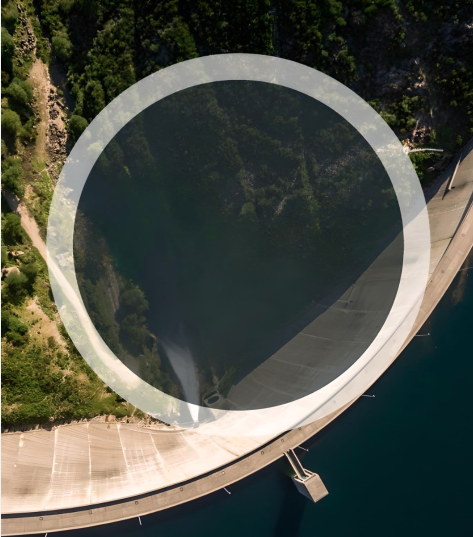The United Nations 2030 Agenda for Sustainable Development includes a specific target (Sustainable Development Goal 14.6) of completing, by 2020, negotiations at the World Trade Organization (WTO) to discipline fisheries subsidies. In the context of these negotiations, new rules are discussed in three specific areas: (1) subsidies that contribute to illegal, unreported and unregulated fishing, (2) subsidies to the fishing of stocks that are already overfished and (3) subsidies that contribute to overfishing and overcapacity more broadly. To help build an understanding of how possible subsidy rules might apply in practice, the International Institute for Sustainable Development has produced three case studies to explore the possible impact of such WTO subsidy disciplines in three fisheries in distinct geographical areas.
This case study looks at the southern longline tuna fishery in the Western and Central Pacific ocean. It provides an overview of the fishery and its governance, examines the subsidy patterns of fleets operating in the fishery and assesses qualitatively the impacts that different possible WTO rules on fisheries subsidies could have on different fleets. It also provides insights about potential pathways for the reform of harmful fisheries subsidies. To read the full report, refer to the IISD website.






